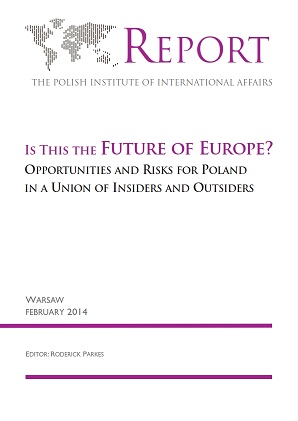Energy: Can Greening Be Reconciled with Blacking?
Energy: Can Greening Be Reconciled with Blacking?
Author(s): Lidia Puka
Subject(s): Supranational / Global Economy, Energy and Environmental Studies, Governance, Environmental and Energy policy, Economic development
Published by: PISM Polski Instytut Spraw Międzynarodowych
Keywords: European Union; energy policy; energy security; gas supplies; climate policy; EU greenhouse gas emissions; greening;
Summary/Abstract: The EU’s new Member States have taken an active stance towards European energy-security mechanisms, such as the Regulation on the Security of Gas Supplies. On the overriding question of climate policy, however, they have often been reactive. In the opinion of many European environmentalists, Poland in 2012 “defied” European climate policy. It opposed the introduction of a binding obligation to raise the benchmark for average EU greenhouse gas emissions from 20% in 2020, to 30% by 2030 (as compared to the 1990 levels). And it refused to give political significance to the European Commission’s Communication “Energy Roadmap 2050,” which presented five strategies towards the low-carbon transition of European economies. This was viewed as indicative of Poland’s, and the new Members’, role as laggards. In reality, however, Poland’s actions were indicative of a broader split on the EU’s emerging energy policy.
- Page Range: 17-20
- Page Count: 4
- Publication Year: 2014
- Language: English
- Content File-PDF

